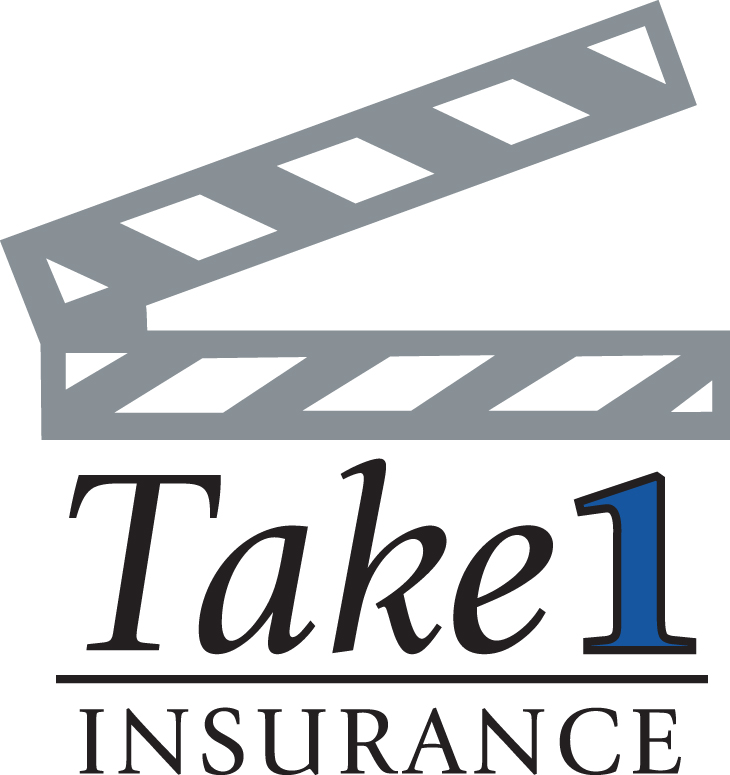by Scott Carroll, EVP & Program Director, Take1 Insurance
Liability insurance in the entertainment industry is a crucial form of protection that safeguards businesses and individuals against potential legal claims arising from their activities. This industry, encompassing film production, live performances, music events, and other forms of entertainment, is inherently exposed to a variety of risks. These risks can include accidents on set, injuries to performers or audience members, and property damage, among others.
This article explores the critical role of entertainment liability insurance in protecting against expected and unforeseeable risks.
What are Common Risks Associated with Film, Music, and Television Production?
The entertainment industry, with its diverse range of activities, faces several common liability risks. Understanding these risks is crucial for industry professionals to ensure they have adequate protection.
Some of these common liability risks include:
Injury to Performers or Crew: The physical nature of entertainment production, whether it’s a film, stage show, or concert, poses risks of injury to performers and crew members. Stunts, physical exertion, and the use of props or equipment can lead to accidents. Even concertgoers pose a risk these days, as performers like Kelsea Ballerini, Bebe Rexha and Harry Styles have been hit by objects thrown by fans.
Audience Injury: Events with large audiences, like concerts or live performances, carry the risk of injury to attendees. This can result from equipment malfunctions, crowd surges, or accidents within the venue.
Property Damage: Damage can occur to venues or sets during production or events. This includes damage to rented or owned equipment, sets, or locations used for filming or performances.
Intellectual Property Disputes: The entertainment industry heavily relies on intellectual property, and unauthorized use of copyrighted material can lead to costly lawsuits.
Breach of Contract: Failing to fulfill contractual obligations, whether it’s not completing a project on time or not delivering the agreed-upon content, can result in legal action.
Defamation and Libel: In the process of creating content, there’s a risk of defamation, where a party may allege that they were wrongly portrayed or that the content harmed their reputation.
Cancellation or Non-appearance: In the event that a show, concert, or event is canceled, or key individuals are unable to appear (due to illness, for example), there can be significant financial implications.
Pyrotechnic and Special Effects Accidents: The use of special effects and pyrotechnics in productions and events can lead to accidents or fires, posing risks to both people and property.
Equipment Failure: The failure of crucial equipment can not only disrupt a production or event but also lead to accidents or injuries.
Cyber Liability: With the increasing use of digital technology in the entertainment industry, there's a risk of cyber attacks or data breaches, which can lead to financial loss and damage to reputation.
Each of these risks highlights the importance of comprehensive liability insurance tailored to the specific needs and activities of the entertainment industry.
Why is Entertainment Insurance So Valuable?
Film production houses, live entertainment venues, and the cast and crew of film or television projects face numerous risks. Entertainment insurance is designed to protect against these risks.
There are four major coverage areas associated with entertainment liability insurance:
Professional Liability Insurance: Also known as Errors and Omissions (E&O) insurance, this protects against claims related to professional services provided. It’s particularly important for protecting against claims of negligence, breach of contract, or intellectual property disputes.
General Liability Insurance: This is the foundational coverage that protects against claims of bodily injury or property damage to third parties. For instance, if an audience member is injured at a concert or a film crew accidentally damages a property during a shoot, general liability insurance can cover the resulting claims.
Workers’ Compensation Insurance: This covers medical expenses and lost wages for employees injured on the job. In the entertainment industry, this is crucial due to the physical nature of many jobs, from stunts to stage setup.
Property Insurance: This provides coverage for damage to equipment, sets, costumes, and other property used in production. It’s vital for mitigating losses from events like fires, theft, or natural disasters.
There may be additional coverages, including event cancellation insurance, specialty coverages for pyrotechnic or stunt performers, automotive liability, and umbrella policies.
Those in the entertainment industry should consult with an experienced insurance provider to ensure adequate coverage for the expected and unforeseen risks inherent in entertainment projects. With this coverage in place, the financial, property, and intellectual assets of production companies are protected against losses.
